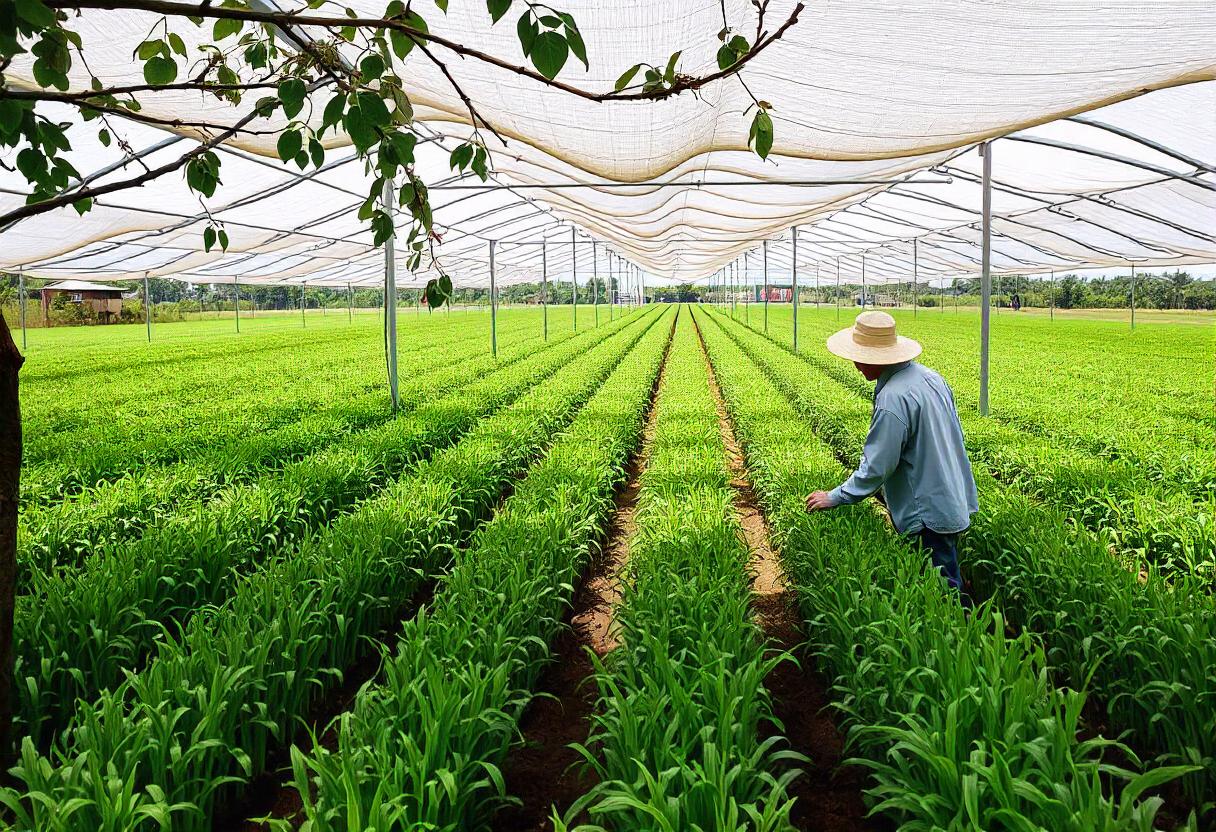
Agriculture sustainability is the practice of farming in a way that meets current needs without compromising the ability of future generations to meet their own. This concept is central to the future of farming, addressing environmental, economic, and social challenges. Here’s a closer look at the factors contributing to sustainable agriculture.
Environmental Sustainability
Sustainable agriculture focuses on minimizing the environmental footprint of farming. This includes reducing the use of synthetic pesticides and fertilizers, conserving water, and promoting biodiversity. By adopting practices such as crop rotation, organic farming, and agroforestry, farmers can maintain soil health and protect ecosystems.
Economic Viability
For agriculture to be sustainable, it must be economically viable. Farmers need to generate sufficient income to maintain their operations while keeping food prices affordable for consumers. This balance can be achieved through diversification of crops, efficient resource management, and adopting modern technologies like precision farming.
Social Responsibility
Agriculture sustainability is also about social responsibility. This means ensuring that farming practices benefit local communities, promote fair labor practices, and improve food security. Sustainable farming aims to provide healthy food for all while supporting farmers’ livelihoods.
Technology in Sustainable Agriculture
Modern technology plays a crucial role in making agriculture more sustainable. Innovations such as GPS-guided tractors, drones for monitoring crops, and data analytics help farmers optimize their resources and minimize waste. These technologies also help improve crop yields and reduce environmental impacts.
Challenges to Sustainable Agriculture
Despite its benefits, agriculture sustainability faces several challenges. Climate change, water scarcity, and soil degradation are major obstacles. Additionally, small-scale farmers may struggle to adopt sustainable practices due to financial constraints or lack of access to technology. Overcoming these challenges requires collaboration between governments, businesses, and farmers.
The Role of Policy in Promoting Sustainability
Government policies are essential in promoting sustainable agricultural practices. Incentives such as subsidies for organic farming, research grants for sustainable technologies, and regulations that limit harmful agricultural practices can encourage farmers to adopt sustainable methods.